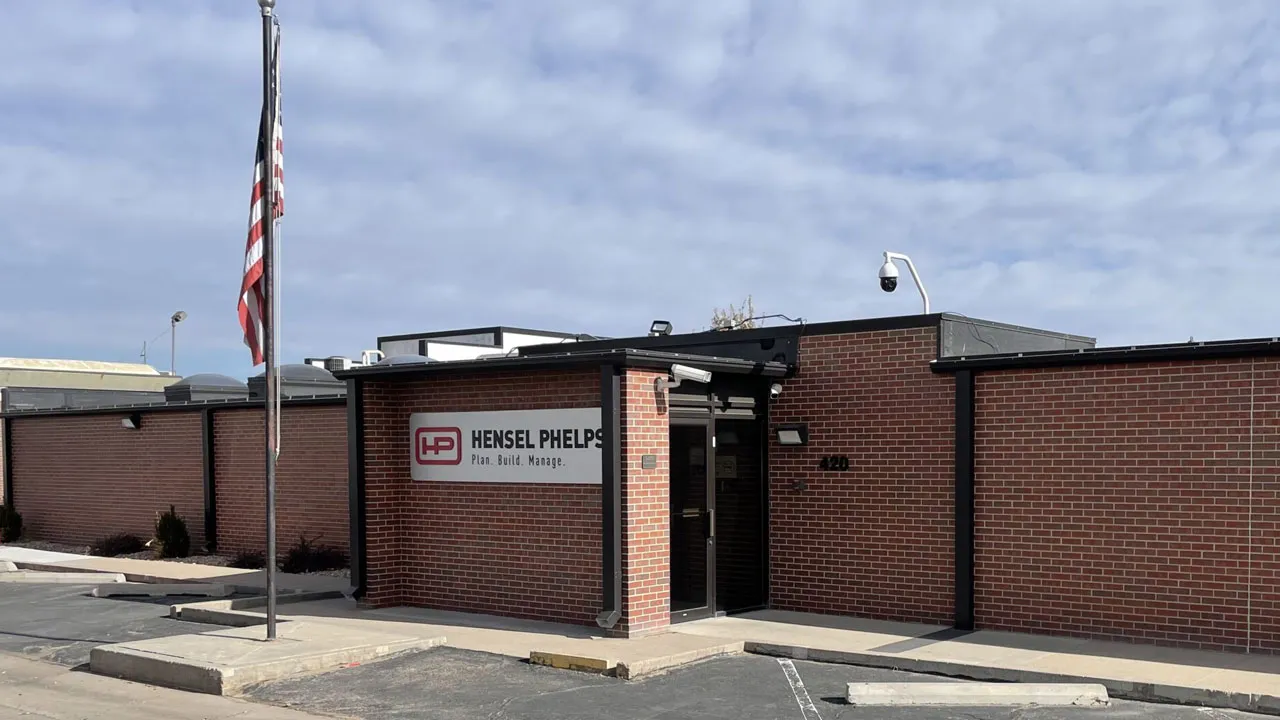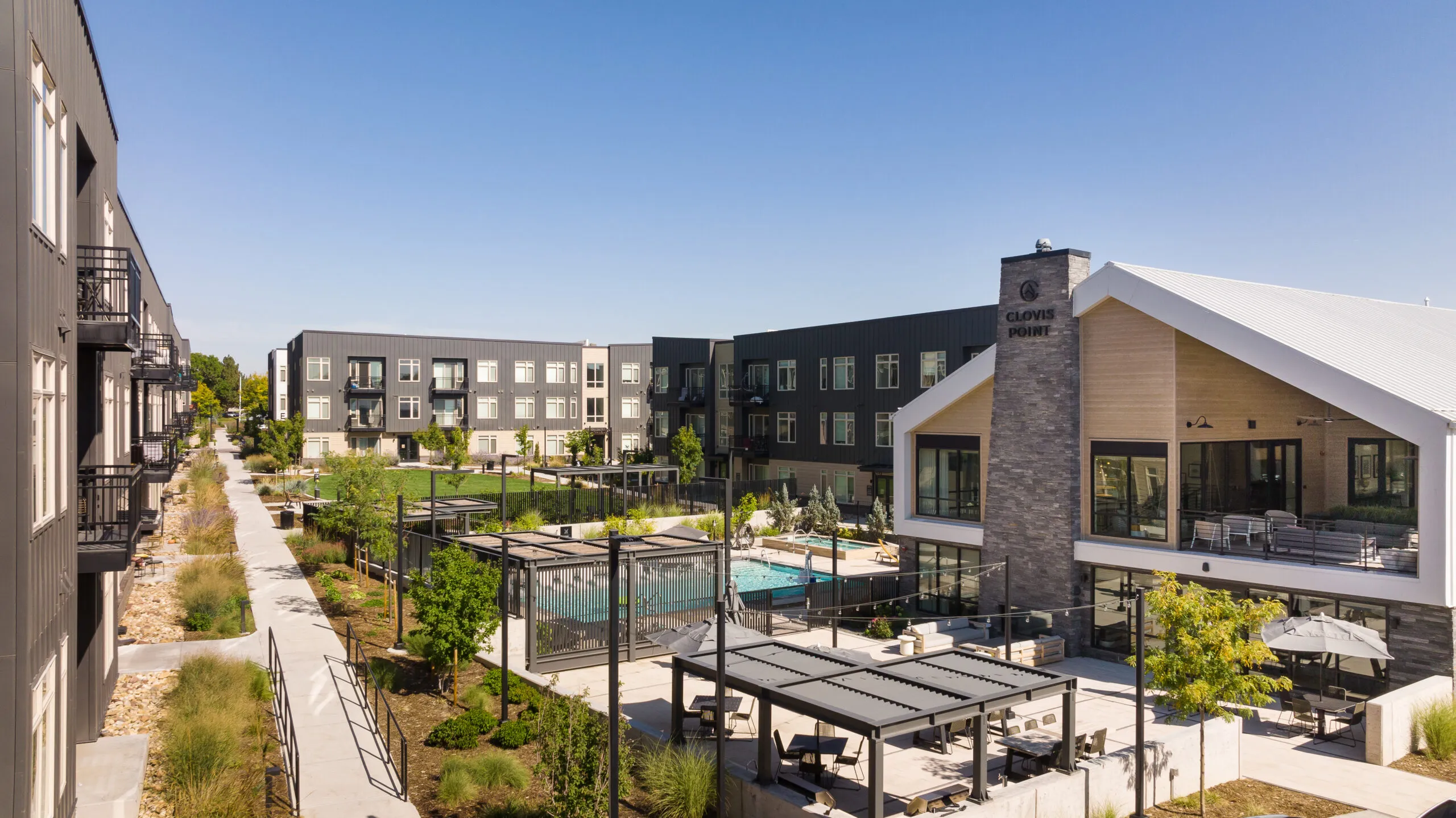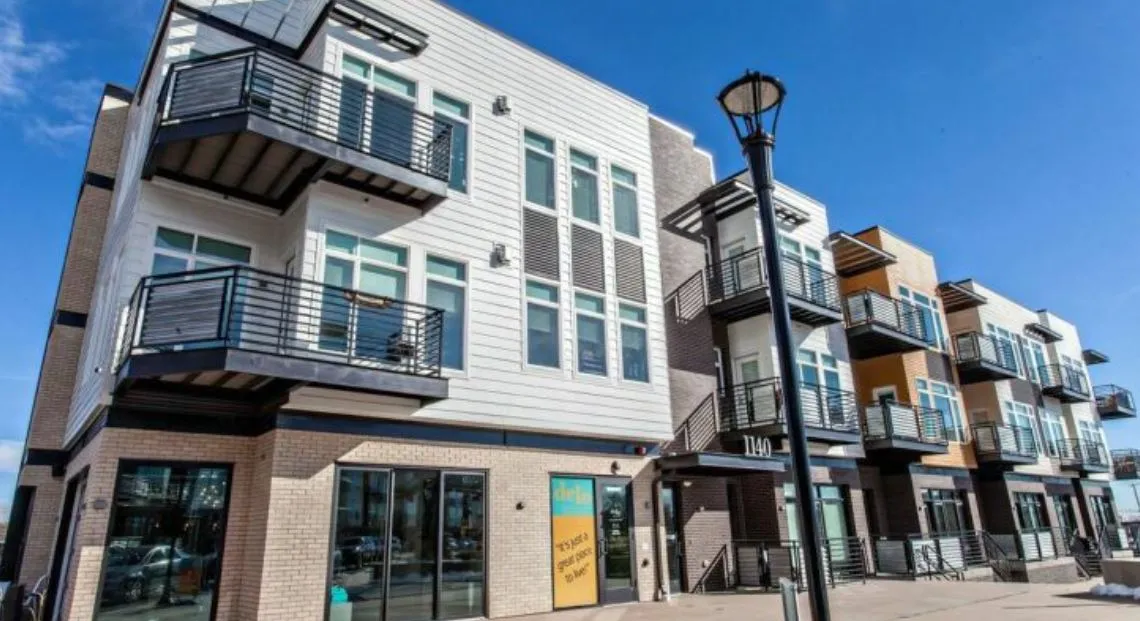Loveland to move ahead on Centerra South without Larimer County consent

LOVELAND — The city of Loveland will move ahead on the Centerra South development, which might include a new urban renewal area, without the concurrence of Larimer County.
In an early morning directive to city staff, members of the Loveland City Council returned from an executive session and instructed staff to proceed to negotiate with the Loveland Urban Renewal Authority using Subsection E of state urban renewal law. Council member Don Overcash, reading from a document prepared by city attorney Moses Garcia, said that Subsection E permits the city to move ahead without the consent of other…
THIS ARTICLE IS FOR SUBSCRIBERS ONLY
Continue reading for less than $3 per week!
Get a month of award-winning local business news, trends and insights
Access award-winning content today!





